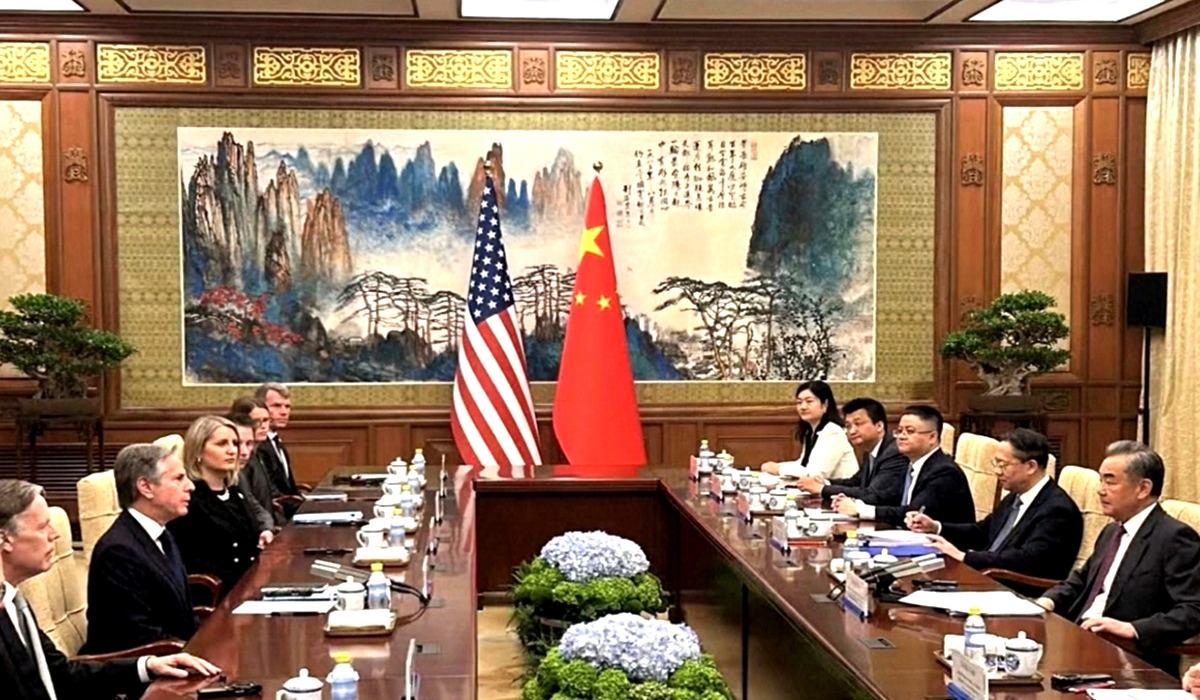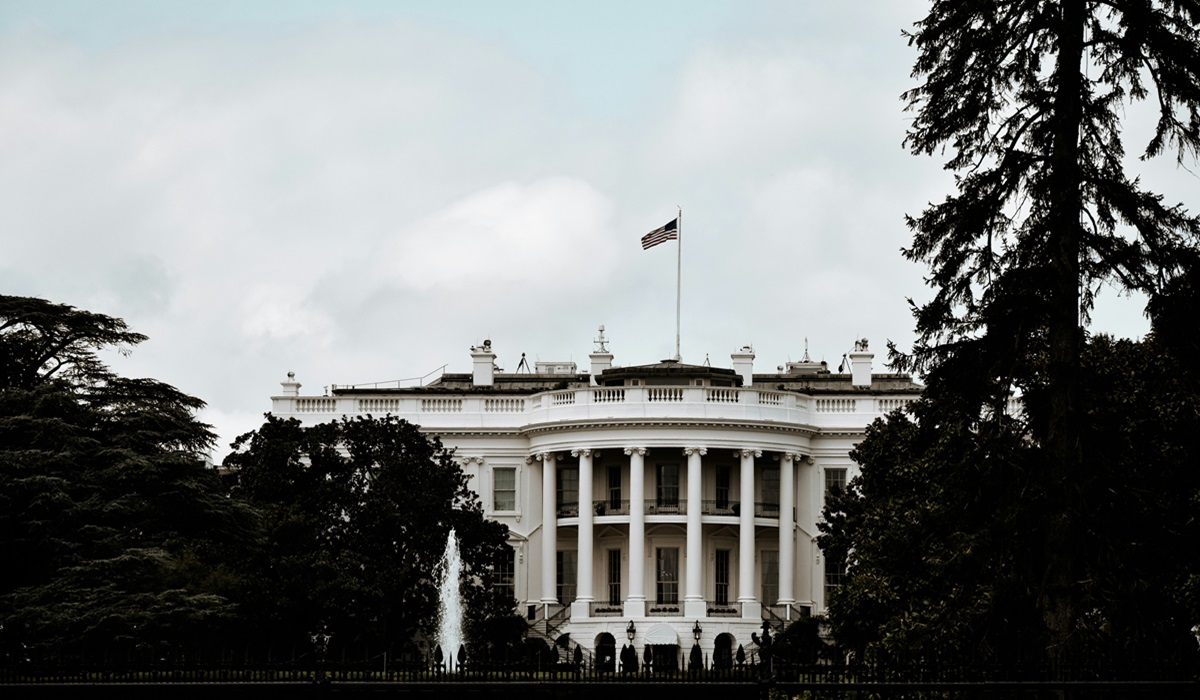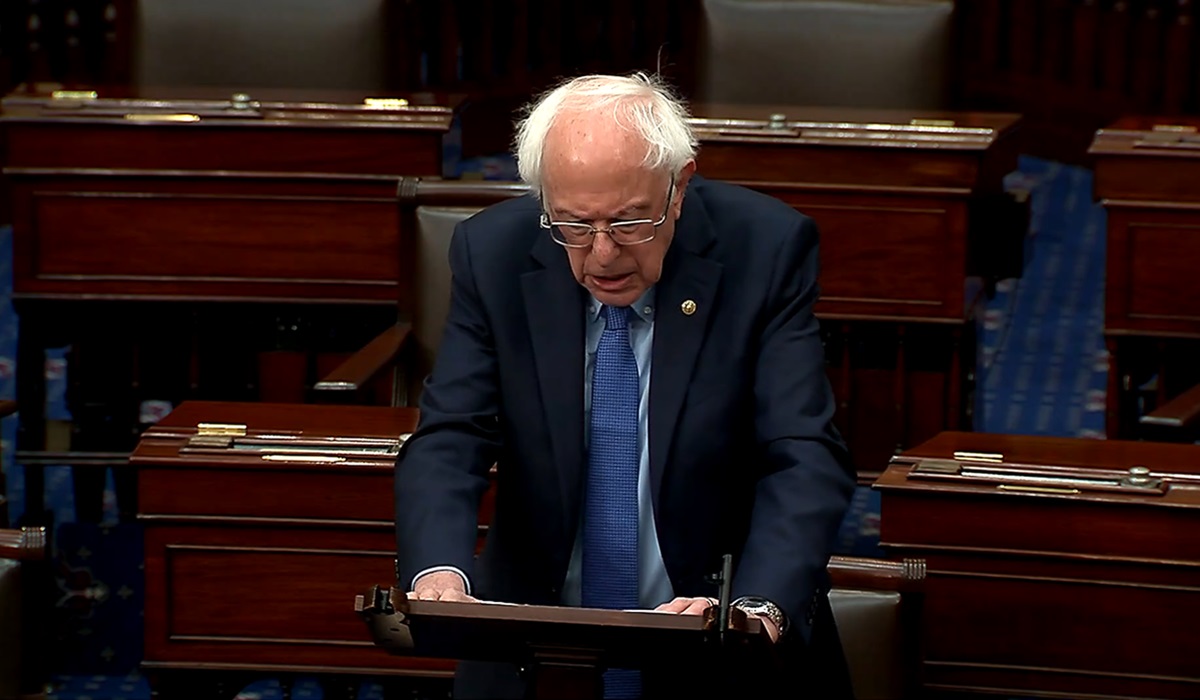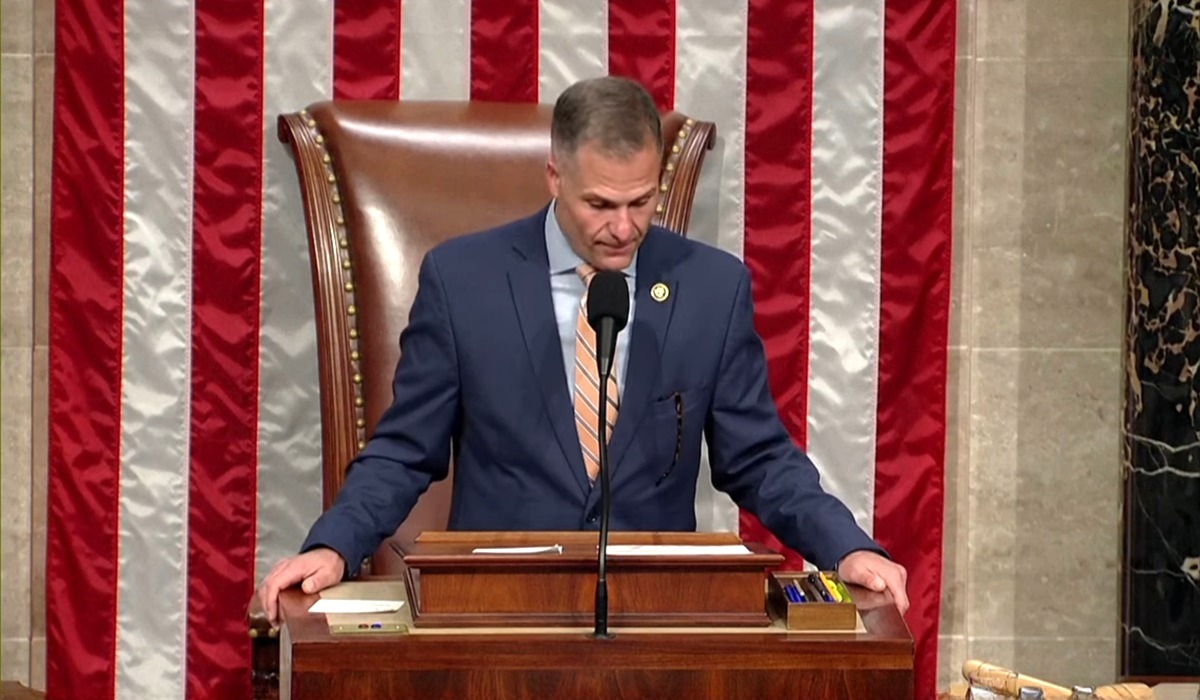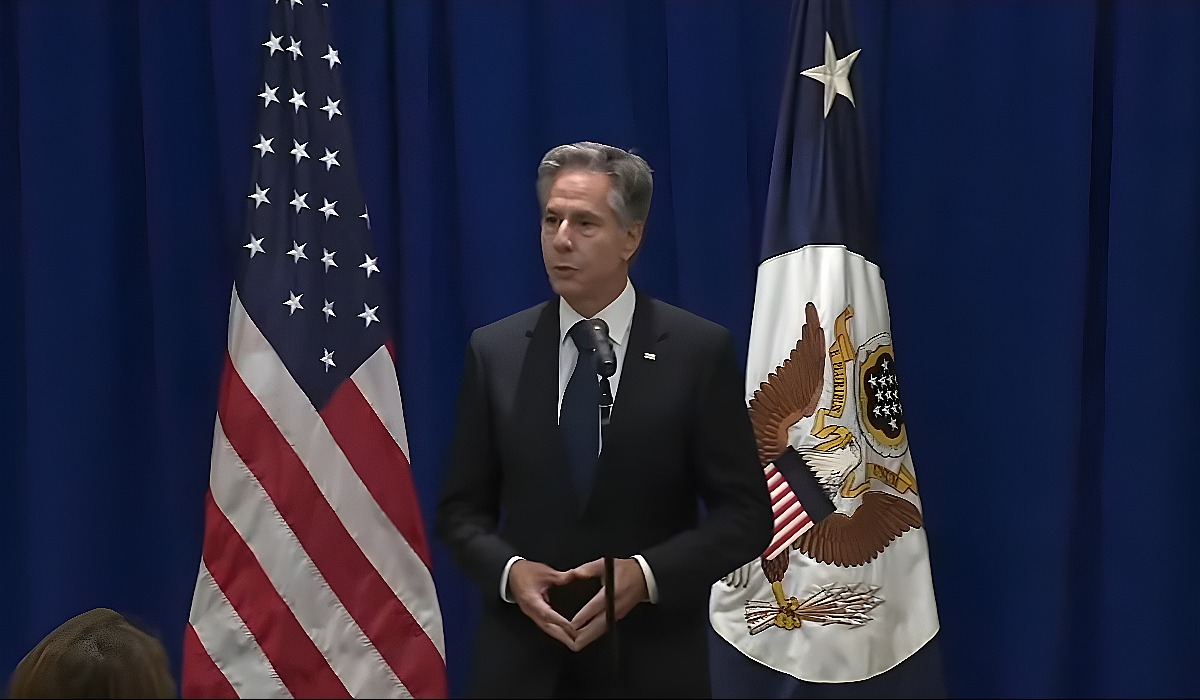Lone Wolf Diplomacy: US Blocks Palestine’s UN Membership Amidst Global Recognition Surge
- Naomi Dela Cruz
- U.S.A
- April 19, 2024
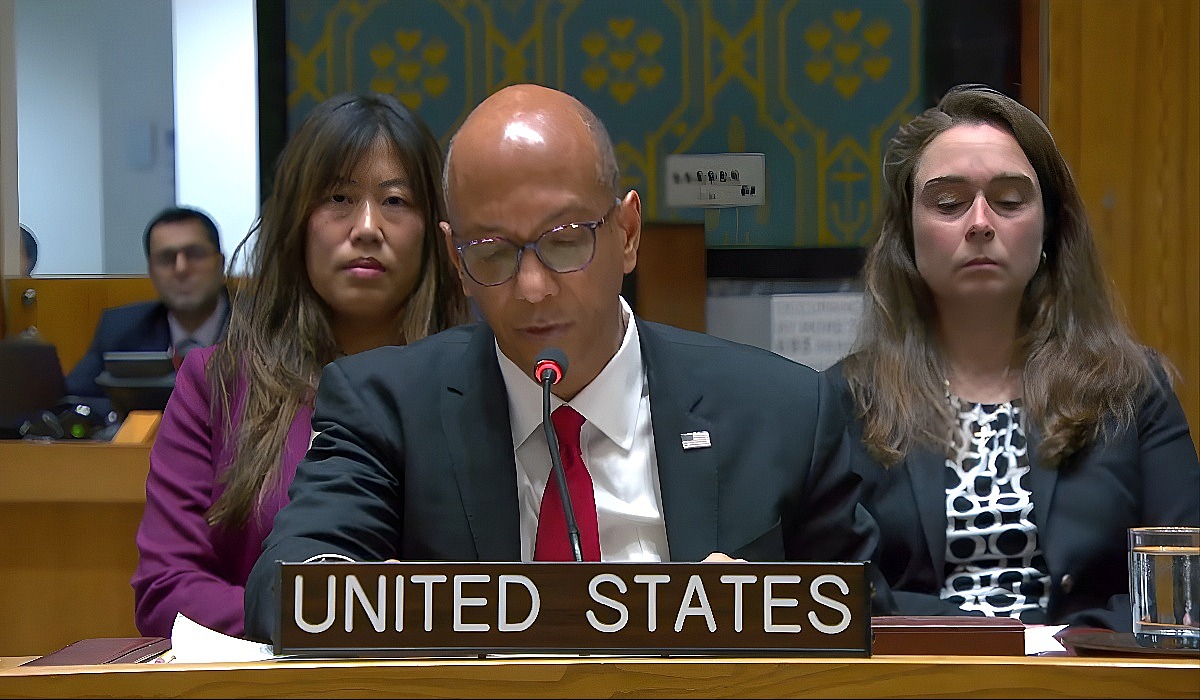
In a recent session of the United Nations Security Council (UNSC), the United States once again asserted its formidable veto power to block Palestine’s application for full membership in the United Nations, solidifying its role as a “Lone Wolf” in the international arena. This move comes as 139 countries, such as Spain, Brazil, Ice Land, Nigeria, Slovenia, Ireland, China, Russia, Poland and many more, have either recognized Palestine as a state or pledged to do so in the coming weeks or months, highlighting a growing trend of global recognition for Palestinian statehood.
The decision by these countries to recognize Palestine underscores a shifting international landscape, one in which the United States finds itself increasingly isolated in its staunch support for Israel. While the United States has historically wielded significant influence in the Middle East, its role is now being questioned, particularly in light of its perceived complicity in the ongoing atrocities and human rights violations in the region.
Indeed, the United States’ unwavering support for Israel, coupled with its veto of Palestine’s membership bid, raises fundamental questions about the relevance and effectiveness of the UN Security Council and the broader United Nations system. Critics argue that the current structure, which grants disproportionate power to the five permanent members of the Security Council, undermines the principles of democracy and equality among nations.
The veto power wielded by the United States, along with other permanent members, has often been criticized for perpetuating a system of privilege and inequality, wherein the interests of a few outweigh the collective will of the international community. This has led to calls for comprehensive reform within the United Nations, including proposals to limit or abolish the veto power and expand representation on the Security Council to better reflect the diversity of the global community.
The United States’ veto on Palestine’s membership bid further underscores the need for meaningful reform within the United Nations, particularly in addressing longstanding conflicts and promoting peace and justice on a global scale. As other countries move towards recognizing Palestine as a state, the United States risks further isolation and erosion of its diplomatic credibility, particularly in the Middle East.
In the face of mounting international pressure and condemnation, the United States must reevaluate its approach to the Israeli-Palestinian conflict and prioritize diplomatic efforts aimed at achieving a just and lasting peace. Failure to do so not only undermines its credibility as a mediator but also perpetuates the suffering and injustice endured by the Palestinian people.
Ultimately, the United States’ veto in the UN Security Council highlights the urgent need for reform and renewal within the United Nations system, ensuring that all countries are treated as equal stakeholders in the pursuit of global peace and security. As the world grapples with unprecedented challenges, including ongoing conflicts and humanitarian crises, the need for a more inclusive, democratic, and effective international order has never been more apparent.



